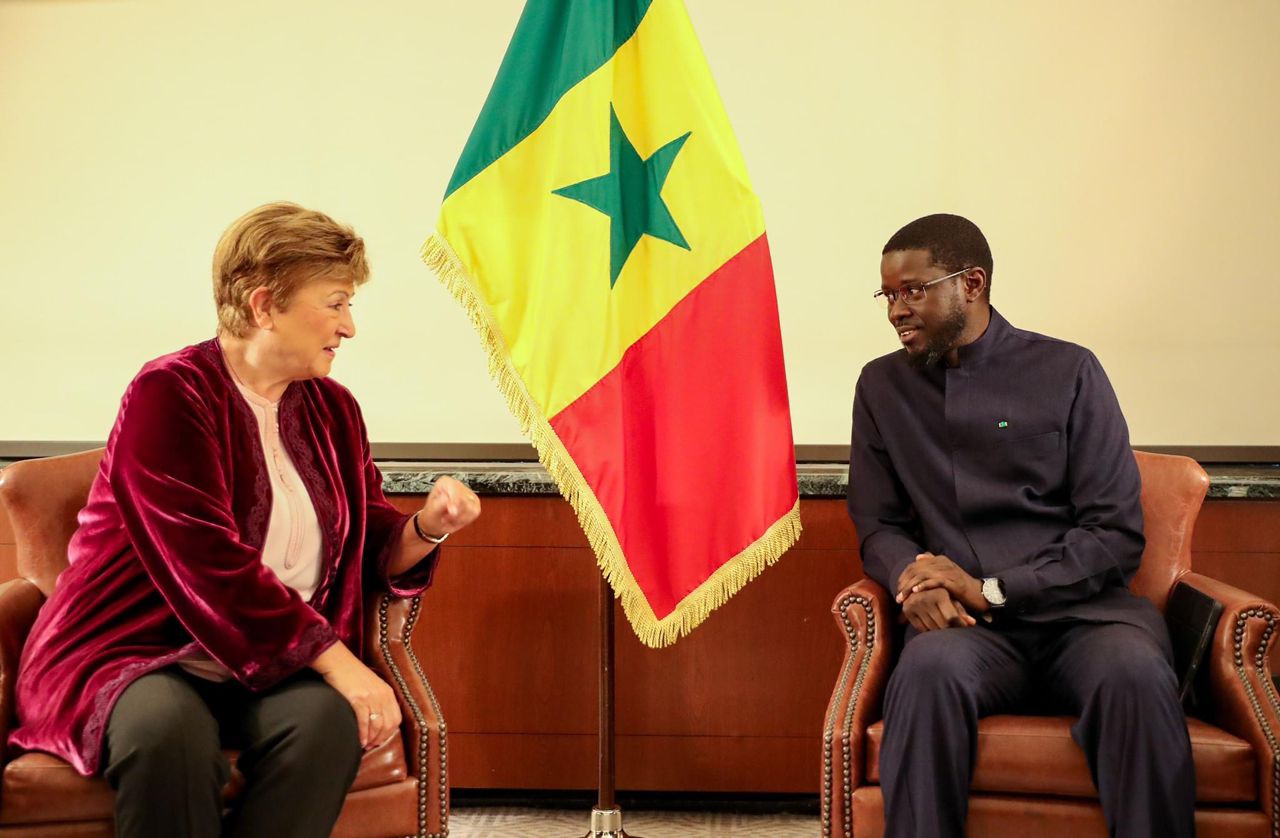On August 12, 2025, the International Monetary Fund (IMF) published its list of countries with delays of more than 18 months in their consultations under Article IV, revealing persistent economic and institutional challenges for several African states. This list sends a strong signal about the economic governance and political stability of the countries concerned.
Article IV consultations, mandatory for the IMF’s 191 member states, involve an assessment mission of the country’s economic health, budgetary and monetary policies before the report is approved by the Board of Directors. A delay of more than 18 months, after a three-month grace period, often leads to the freezing of international funding and alerts investors.
Africa accounts for five of the thirteen listed countries: Sudan (34 months), Eritrea (45 months), Liberia (20 months), Tunisia (39 months), and Senegal (18 months). Sudan and Eritrea represent the most chronic delays. The ongoing civil war in Sudan since February 2020 has paralyzed institutions, while Eritrea has been isolated since 2019, making any economic dialogue impossible. These crises reflect a lasting rupture with the IMF and block access to concessional aid and debt restructuring.
Other delays are more circumstantial. Liberia, affected by a change of government, has a 20-month delay. An IMF mission was conducted in June 2025, and a debate at the Board is scheduled for September, signaling a possible resumption of dialogue. Tunisia, on the other hand, justifies its delay by a “request from the authorities,” revealing internal tensions over economic reforms.
Senegal, newly listed with an 18-month delay, illustrates the impact of political uncertainties on economic governance. Hidden debts of $7 billion, discovered under the presidency of Macky Sall, led the IMF to suspend its aid programs. In response, the Senegalese government launched the “Jubbanti Koom” plan on August 1, 2025, aiming to improve the country’s budgetary and social situation.
Conversely, some African countries have recently been removed from the list, including Egypt, Ethiopia, and Malawi. These exits illustrate that quick regularization of consultations, through political stabilization or anchoring in an IMF program, helps restore access to funding and reassure investors. For example, Ethiopia regained cooperation after post-conflict stabilization, while Egypt regularized its situation in 2025 through a well-followed program.
The IMF analysis reveals three main causes of delay. Political and security crises dominate, affecting nearly half of the countries, such as Venezuela or Sudan. Delays related to national authorities or classified as “various” reflect tensions in the relationship with the IMF or administrative constraints, observed in Tunisia, Eritrea, or Iran. Finally, contingent factors, as in Senegal or Liberia, are often linked to recent political transitions but can be resolved quickly.
For experts in country risk and sovereign debt, these delays are key indicators of fragility. A country with prolonged delays in Article IV sees its access to concessional financing restricted and its economic credibility weakened, complicating recovery efforts.
